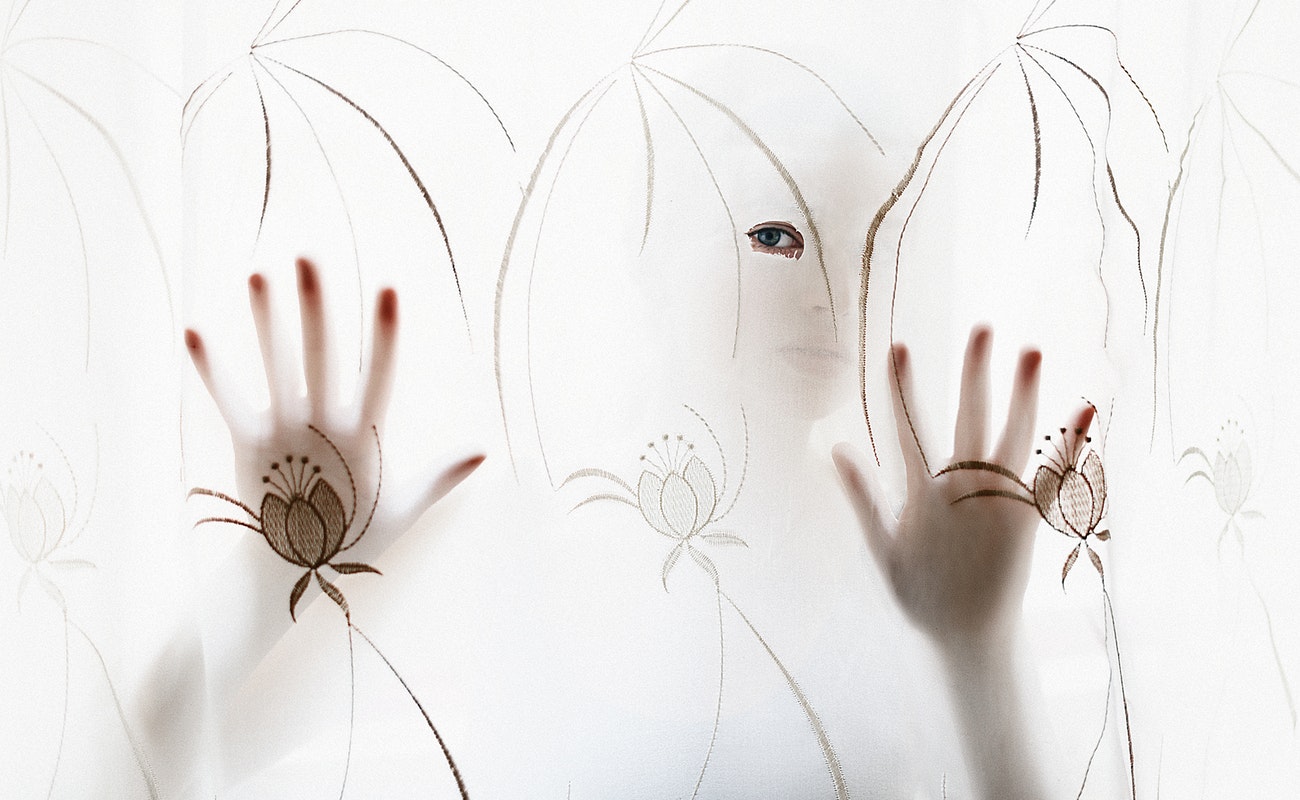We are exposed to numerous viruses from our day-to-day interactions with other people all the time. However, our risk of being infected by a simple greeting usually isn’t in the forefront of our minds.
The spread of COVID-19 has changed that. Conferences have banned handshakes, churches have changed their worship services, and even politicians have changed the way they greet each other. But what’s the risk in a simple hug or a handshake?
If someone’s hand is covered in virus because they coughed into it right before they shook your hand, it is no different than handling their dirty tissue. Your hand is now contaminated, and if you absentmindedly rub your eye or touch your mouth, you have potentially just infected yourself. You are relying on other people to wash their hands in order to protect you, but we know that people are terrible about hand-washing, even after using the bathroom.
The simple fact is that we put ourselves at some risk of infection every time we interact with other humans. So what should you do if a stranger extends their hand to greet you or a friend tries to hug you? Pulling your hand away from that potential big sale or recoiling in shock from your friend’s embrace is probably not the best approach. It’s about balancing the risk of infection with the negative consequences of breaching social etiquette.
Health experts around the world have been recommending that people reduce unnecessary physical contact with other people, such as shaking hands or kissing on the cheek. Even the French have recommended no cheek kissing.
You can still greet each people warmly and politely without touching them, by bumping elbows or fists, tapping feet (the “Wuhan shake” popular on social media), simply waving hi, or one of the many other creative suggestions that are popping up online. This isn’t about making extreme changes to our social interactions; it’s about taking simple steps to help reduce your risk of disease.
The other important step in protecting yourself is to frequently wash your hands or use hand sanitizer if soap and water are not readily available. This is a critical part of protecting yourself, as you can’t introduce a virus into your mucous membranes if you have removed it from your hands.
As this outbreak progresses, maybe we will see the refusal to shake hands not as a snub, but as an expression of genuine concern for each others’ health. If you are worried about offending someone by using hand sanitizer after shaking someone’s hand, offer them some of your sanitizer as well. Change the conversation and help make having clean hands something that not only important to you, but socially desirable as well.
—
Brian Labus, is an Assistant Professor of Epidemiology and Biostatistics, University of Nevada, Las Vegas. This article was originally published on The Conversation.
Crafted with brevity
to make certain you see what others don't
Subscribe. We are growing.












Brian Labus, Ph.D., MPH is an Assistant Professor in the School of Community Health Sciences. His research focuses on communicable disease surveillance and he is currently studying the use of social media to identify restaurants associated with increased risk of causing foodborne illness. Dr. Labus is a Registered Environmental Health Specialist through the National Environmental Health Association and teaches courses in infectious disease epidemiology and outbreak investigation. Prior to joining the faculty, Dr. Labus worked in local public health, conducting outbreak investigations, disease surveillance, and implementing public health informatics systems.